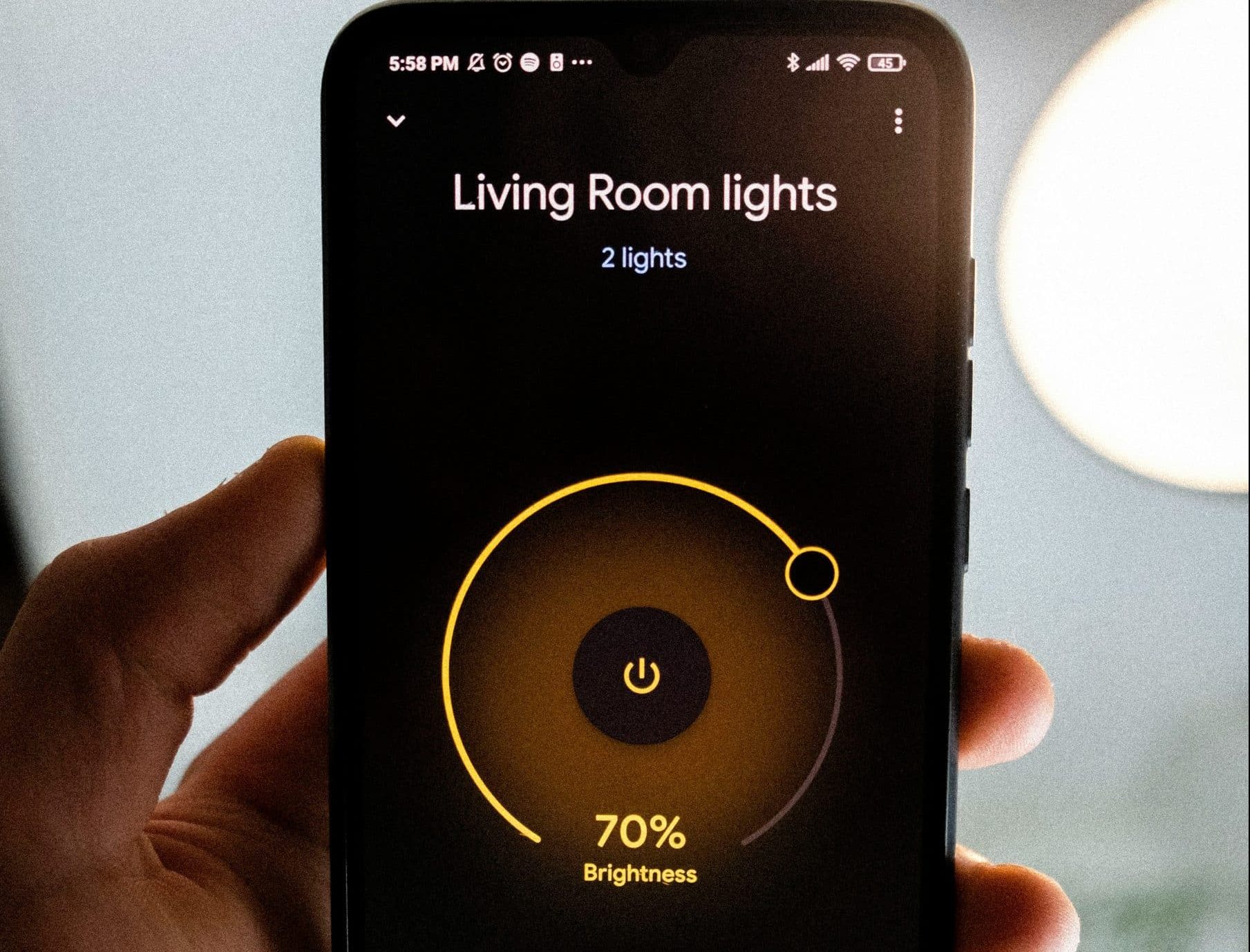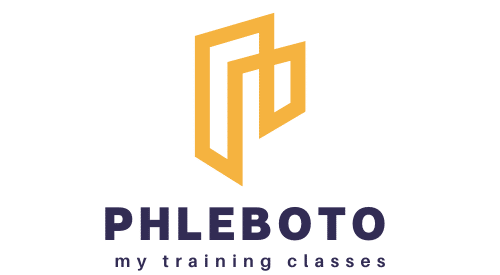What are the latest trends in smart home appliances for energy efficiency?

In the age of rapidly evolving technology, the idea of a smart home has become not only possible but also much more convenient and efficient. With the focus increasingly shifting towards energy conservation, smart home appliances are leading the trend. Today, homeowners are keen on leveraging the power of technology to manage their home’s resources more efficiently. These user-friendly devices employ advanced data analytics to optimize energy consumption, consequently promoting greener homes.
Embracing the Smart Energy Market
The smart energy market is growing at an unprecedented pace, fueled by the increasing demand for efficient homes. This section explores the latest trends in smart home appliances that are designed to make homes more energy-efficient.
A voir aussi : What New Developments Are Occurring in Smart City Infrastructure?
The smart energy market is a blossoming sector characterized by continuous innovation. At the heart of this market are smart home appliances – devices that not only offer convenience but also efficiency. These appliances, coupled with advanced control systems, are changing the way energy is consumed in homes. The mainstream adoption of these appliances is motivated by the desire to reduce energy consumption, save on utility bills, and contribute to environmental conservation.
As the market expands, we see a variety of players introducing innovative products that leverage real-time data for better energy management. From smart lighting to intelligent heating systems, these appliances are designed to use energy judiciously, reducing wastage and promoting efficiency.
En parallèle : What are the benefits of using AI in personalized skin care products?
Smart Lighting Systems
Lighting systems have seen a significant transformation with the advent of smart technology. Here, we delve into how the latest trends in smart lighting are making homes more energy efficient.
Lighting is a fundamental aspect of any home, but traditional lighting systems are notorious energy guzzlers. Enter smart lighting – a revolutionary solution that combines convenience, control, and efficiency. Smart lighting systems allow homeowners to regulate lighting conditions according to their needs, without wasting power unnecessarily.
Smart lighting devices employ sensors and algorithms to adjust the lighting levels based on real-time data. For instance, ambient light sensors can reduce the intensity during daylight, while motion sensors can turn off the lights when no activity is detected. These smart technologies ensure that no energy is wasted, thereby enhancing overall efficiency.
Intelligent HVAC Systems
Heating, Ventilation, and Air Conditioning (HVAC) systems are significant contributors to a home’s energy consumption. This section covers how smart HVAC systems are making homes more efficient.
Traditional HVAC systems, despite their utility, are energy-intensive. However, the rise of smart HVAC systems has revolutionized home heating and cooling. These intelligent devices use advanced data analytics to optimize energy consumption while maintaining optimal indoor conditions.
One of the hottest trends in this space is the emergence of smart thermostats. These devices learn from homeowners’ habits and preferences, adjusting the temperature accordingly. The result is a comfortable home environment that doesn’t guzzle power. Additionally, these systems can be remotely controlled, allowing homeowners to fine-tune their home’s temperature even when they’re away.
Smart Security Systems
Energy efficiency is not just about lighting or heating. Smart security systems also play a role. Here’s how.
Security is a critical aspect of any home. Traditional security systems, while effective, often consume significant power. However, the latest smart security systems offer not only heightened security but also improved energy efficiency.
Smart security cameras, for instance, use motion detection technology to switch on only when activity is detected, saving energy when not in use. Similarly, smart locks and alarms employ low-energy technologies, ensuring security doesn’t come at the cost of excessive power consumption.
Connected Appliances and IoT
The concept of the Internet of Things (IoT) is making homes smarter and more energy-efficient. Let’s discuss how connected appliances are transforming our homes.
Connected appliances are the next big thing in smart homes. These appliances, from refrigerators to washing machines, leverage IoT technology to offer remarkable energy efficiency. These smart appliances can adjust their operations based on real-time data, optimizing their energy consumption.
For instance, a smart refrigerator can regulate its cooling levels based on the amount of food stored, while a smart washing machine can adjust its water and energy usage according to the load size. These appliances allow homeowners to enjoy the conveniences of modern living without worrying about excessive energy consumption.
The journey to an energy-efficient home involves several steps, but with the right smart appliances, it becomes a whole lot easier. As we continue to witness rapid advancements in this space, it’s exciting to imagine the possibilities that lie ahead.
Smart Integration of Various Home Technologies
In recent years, the integration of various home technologies has become a trend in smart homes. This section delves into how this integration is making homes more energy-efficient.
The integration of different home technologies allows various smart devices in a home to work together, facilitating better energy management and efficiency. For example, your smart thermostat can work in tandem with your smart blinds, lowering the blinds when the temperature rises to keep your home cool without overusing the air conditioner. Similarly, your smart lighting and smart security systems can work together, with the lights turning off when the security system detects no activity in the house.
This level of integration among various smart appliances and systems is enabled by IoT technology, which allows these devices to communicate with each other and work in harmony. It allows for real-time adjustments based on the overall conditions of the home, leading to optimized energy usage. As more and more homeowners embrace this trend, we can expect to see even more innovation and efficiency in energy consumption.
Key Takeaways and Future Trends
This concluding section highlights the key takeaways from the latest trends in smart home appliances for energy efficiency and looks ahead to future developments.
The push for more energy efficient homes has led to a surge in innovative home technologies. Smart home appliances have emerged as game-changers, offering homeowners the convenience of automation and significant energy savings. From smart lighting systems that adjust the lighting based on real-time data, to intelligent HVAC systems that optimize temperature for comfort and efficiency, these appliances are revolutionizing how energy is consumed in homes.
The integration of various home technologies has allowed for better energy management and efficiency, thanks to IoT technology. Connected appliances that adjust their operations based on real-time data are also contributing to energy savings.
Looking forward, we can expect to see even more advances in smart home technology. As data analytics become more sophisticated, the potential for energy optimization will only increase. Furthermore, as concerns about climate change and sustainability continue to drive the demand for energy-efficient solutions, we can anticipate even more innovative and efficient appliances in the future.
In conclusion, while achieving an energy-efficient home involves several steps, the advent of smart appliances has made this process much easier and more convenient. With the continuous growth and innovation in the smart energy market, the future of home management looks promising and exciting.
